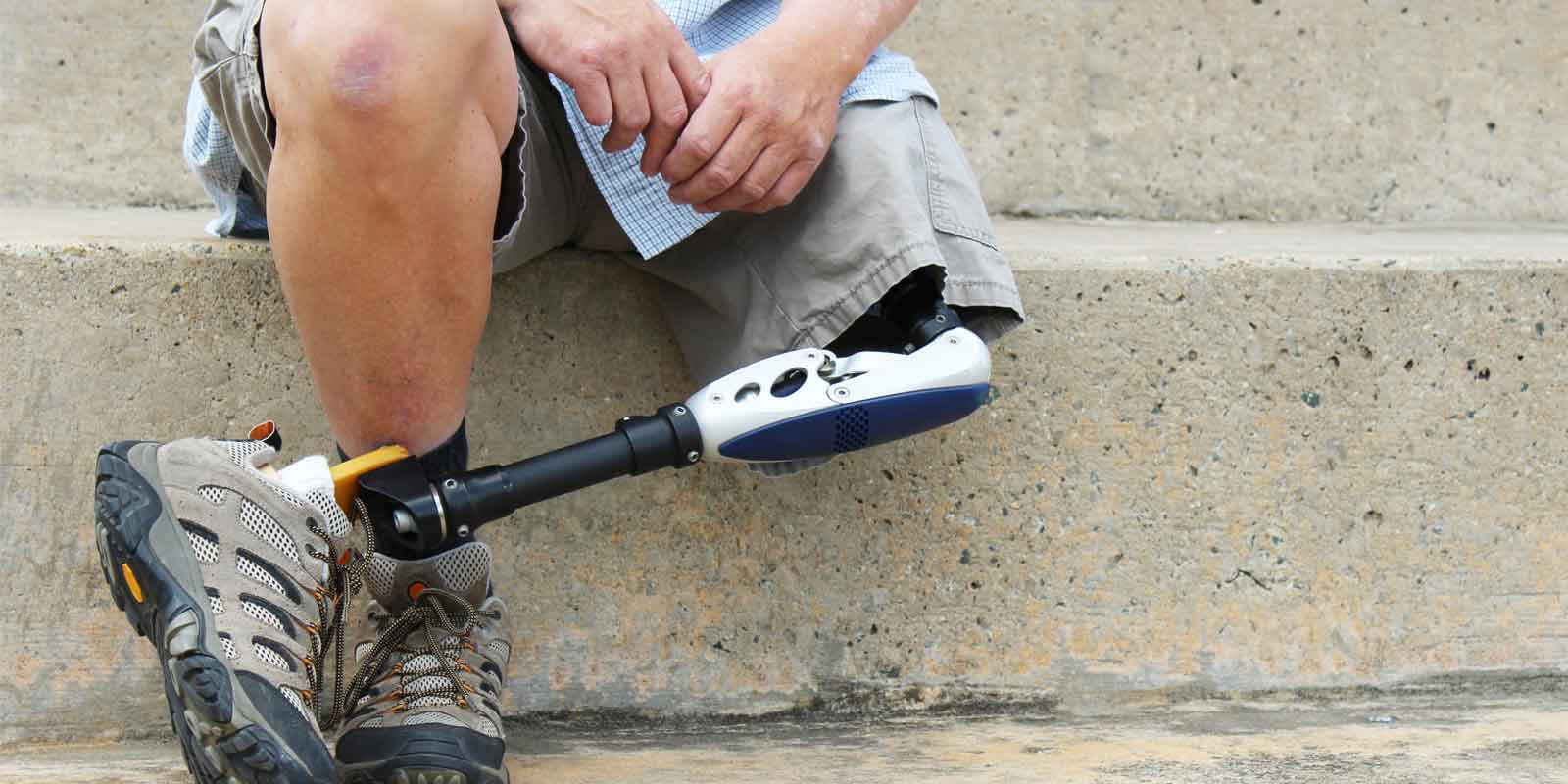The recoveries, verdicts, favorable outcomes, and testimonials described on this site are not an indication of future results. Every case is different, and regardless of what friends, family, or other individuals may say about what a case is worth, each case must be evaluated on its own facts and circumstances as they apply to the law. The valuation of a case depends on the facts, the damages, the jurisdiction, the venue, the witnesses, the parties, and the testimony, among other factors. No representation is made that the quality of the legal services to be performed is greater than the quality of legal services performed by other lawyers.
